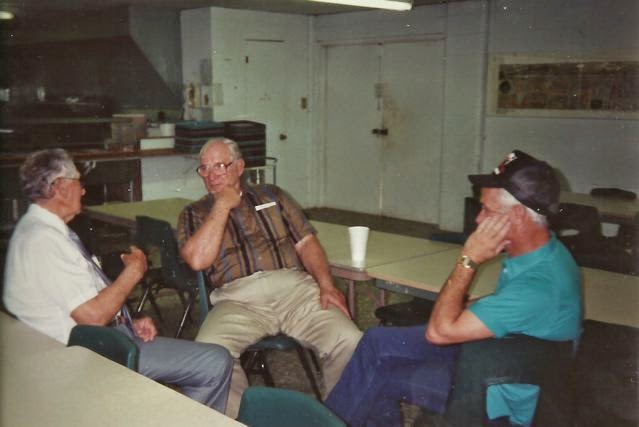Dr. John Johnson and Professor of Missions, spoke at a local church where someone
asked him this question: “So when you go to other countries, how do you tell
other people they are wrong and we are right?”
Johnson, a cross-cultural missionary in Muslim countries
for twenty-three years at the time, explained, missions is not about prying people
loose from their tightly held cultural and religious beliefs and replacing them
with new ones.
“I don’t tell them they are wrong and we are right,”
Johnson admitted, “I work to develop relationships with them … Then I try to
love them in the name and style of Jesus.”
As professor of ministry and missions in a Christian College, Johnson believed missions begin when we come into relationship with the God through His
missionary Son. A passion is birthed in us that the peoples of this world will
come to know God and live in relationship with Him through His Son, Jesus.
Pastor, Steve Stone watched this relational bridge become
a convenient conveyor of truth between his church in Tennessee and a small
Islamic community nearby. As the pastor, Stone went on the initiative by reaching
outside the recognized box in his community; he welcomed members of the small
Islamic community center into his neighborhood.
CNN later aired the story of the church’s hospitality. Eventually,
Pastor Stone received a call from a group of Muslims in Kashmir who’d seen the
segment. The callers informed him that after watching the program, one of their
community’s leaders said to those who were gathered: “God just spoke to us
through this man.”
As a result, one of the men went straight to the local
Christian church and proceeded to clean it, inside and out, because of his
desire to also be a good neighbor. The Kashmir group informed Pastor Stone
“We’re going to keep taking care of this little church for the rest of our
lives.”
We draw strength in the confidence that we have found new
life in Jesus. It is also true that we desperately want others to know Him as
well. Nonetheless, telling others they are wrong and we are right does little
to help us establish a constructive relationship. It may, in fact, disrupt any
existing relationship and prevent further chance for friendship.
Jesus intentionally broke through barriers that prevented
him from befriending, counseling, healing, and serving others. As we follow
Him, our mission becomes that of structural engineers building bridges and establishing
relationships that allow us to love people and share God’s good news with them.
These necessary relationships become the bridges by which non-believers
are enabled to complete their journey to faith. From Warner's World, we are walkingwithwarner.blogspot.com


